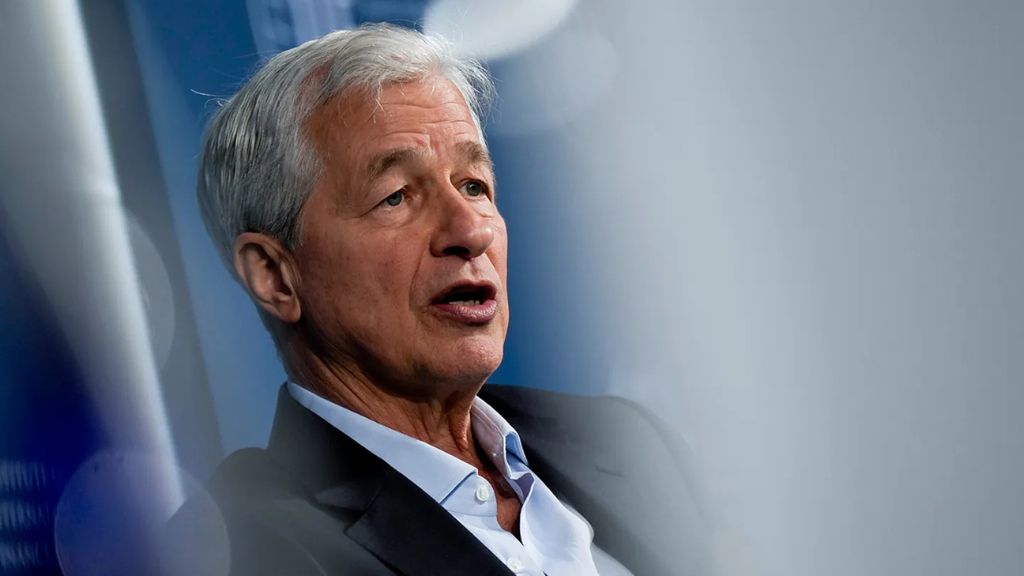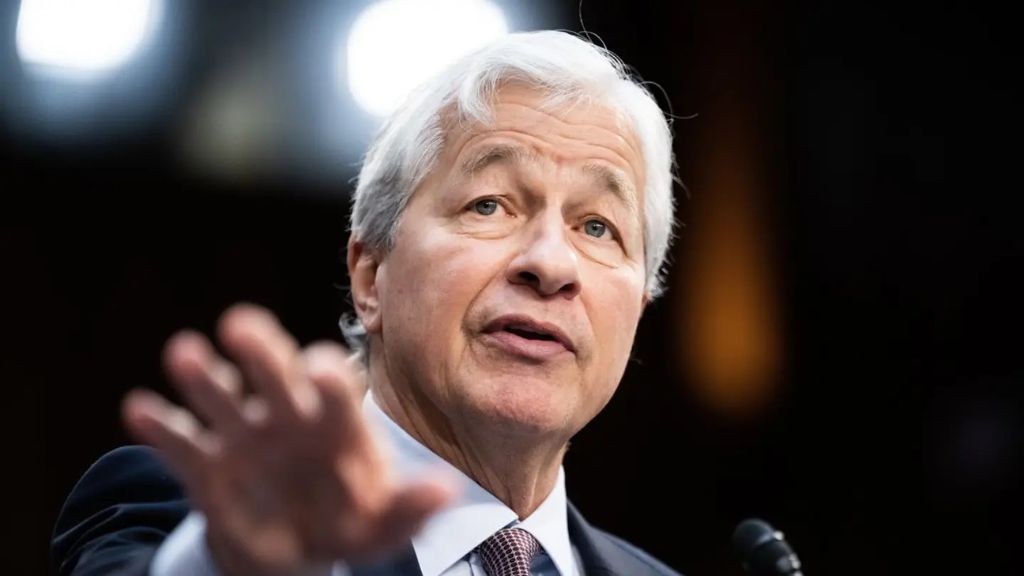JPMorgan Chase CEO Jamie Dimon isn’t holding back when it comes to his stance on remote work. In a candid chat with students at Stanford University’s Graduate School of Business on March 11, 2025, Dimon made it crystal clear: working from home just doesn’t cut it for his company. With hybrid work becoming a hot topic post-pandemic, his fiery comments have sparked debates across the business world. Let’s break down what he said, why he’s pushing for a full return to the office, and what it means for employees everywhere.
Jamie Dimon’s Take: Remote Work Doesn’t Fit JPMorgan
At 68, Jamie Dimon is no stranger to speaking his mind. During his talk with Stanford students, he was asked about his blunt—and somewhat colorful—remarks from a recent company town hall, where he signaled the end of hybrid work at JPMorgan. When a student pressed him for advice on handling virtual work debates, Dimon didn’t mince words.
“I’ve had enough of it,” he said, referring to remote work. “It doesn’t work in our business.” He argued that while some employees might love the flexibility, it’s not a one-size-fits-all solution—especially at a fast-paced financial giant like JPMorgan Chase.
Read Also: Harvard Implements Hiring Freeze Amid Funding Concerns
Who’s Complaining? The “People in the Middle”
Dimon pointed out that not everyone is upset about returning to the office. “If you work in a restaurant, you’ve got to be in,” he explained. “The only group frustrated with this are the people in the middle—corporate office workers.”
He went on to highlight a key point: during the pandemic, 60% of Americans never stopped working in-person. “Where did your Amazon packages come from? Your groceries, your diapers, your vodka?” Dimon asked. “UPS, FedEx, manufacturers, farmers, nurses, firefighters—they all kept going.” For him, this underscores a disconnect: while some industries can’t function remotely, office workers often expect flexibility as a given.
Why JPMorgan Is Ditching Remote Work

JPMorgan recently rolled out a mandate requiring employees to return to the office five days a week starting this month. Dimon’s reasoning? It’s all about the bigger picture.
Younger Workers Are Falling Behind
One of Dimon’s biggest concerns is the impact of remote work on younger employees. “It’s not just about your first month on the job,” he said. “By your second year, you’re getting fewer assignments, you’re less in the loop, and you miss out on casual chats at the water cooler or cafeteria. It’s leaving younger people behind, and I won’t let that happen.”
He also emphasized the importance of mentorship. “If younger employees are in the office but their bosses aren’t, that’s a problem too,” he added.
Collaboration and Culture Can’t Thrive Online
Dimon believes that in-person interaction is irreplaceable for building a strong company culture and effective teamwork. “As a management tool, we meet in the morning, we debate, we talk all day long,” he explained. “It’s constant updates, sharing info, and figuring things out together. You can’t do that remotely. And culture? Forget it—it’s impossible to build online.”
Free Market, Free Choices

While Dimon is firm on his stance, he respects employees’ rights to choose what works for them. “We’ve got 10% of our people working from home full-time,” he said, citing virtual call centers in Baltimore and Detroit as successful examples. “They’re highly effective, mostly minorities, and it’s been a home run. I’m not against remote work where it works. If you don’t want to come in, that’s your call—just don’t tell me how to run JPMorgan. That’s the free market.”
The Bigger Picture: Remote Work’s Rocky Road
Dimon’s comments come at a time when return-to-office mandates are stirring up controversy. Across both government and private sectors, some employees have pushed back against in-person requirements, with a few even quitting over it. Dimon respects their choice but stands firm on what’s best for JPMorgan.
For him, it’s not just about productivity—it’s about fairness, collaboration, and preparing the next generation of leaders. “People always say, ‘Well, it works for me,’” he noted. “But it’s not just about you. It’s about the team, the company, and the future.”
Read Also: U.S. Job Market Cools in February 2025: Employment Report Highlights Struggles for Job Seekers
What This Means for You
If you’re a JPMorgan employee, the message is clear: get ready to head back to the office full-time. But Dimon’s stance raises bigger questions for workers everywhere. Is remote work here to stay, or are we seeing a shift back to traditional office life? And how will companies balance flexibility with the need for teamwork and culture?
Dimon’s bold take might not sit well with everyone, but it’s sparking a conversation that’s long overdue. Whether you’re a fan of remote work or itching to get back to the office, one thing’s for sure: the workplace as we know it is changing, and leaders like Dimon aren’t afraid to shake things up.
What do you think—should remote work stay or go? Drop your thoughts in the comments below!

